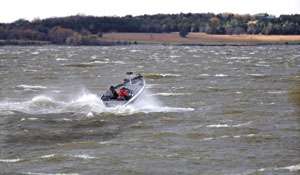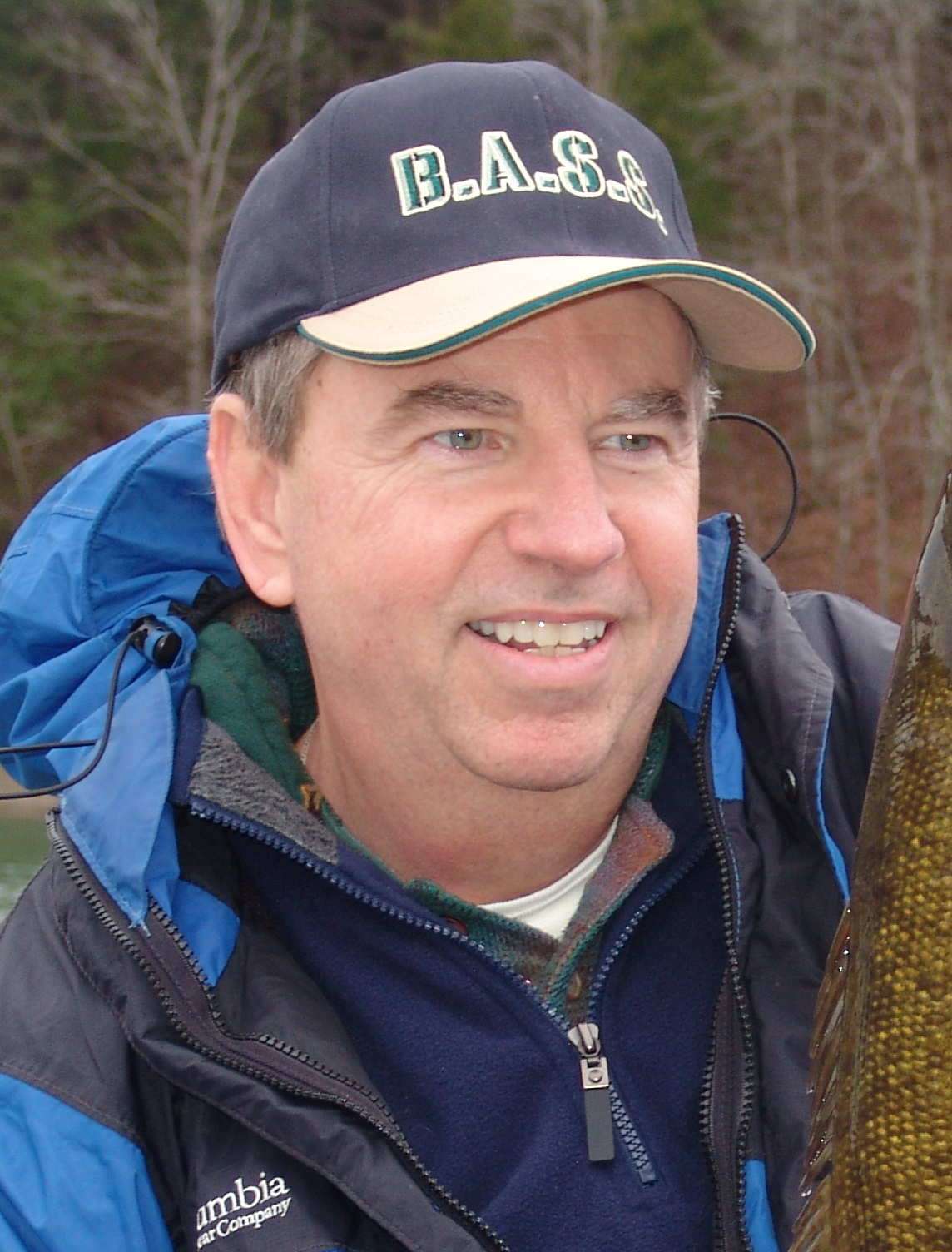
Many of those now making decisions regarding the future of recreational angling in this country have little information upon which to base those decisions. And the fire-drill mentality that requires a national policy for management of our oceans, coastal waters and the Great Lakes within 180 days allows little time for learning.
“They just started in their jobs. They don’t have the knowledge or the perspective,” said Phil Morlock of Shimano. “Some of them didn’t even know about Wallop-Breaux.” And in not knowing about that, they don’t realize the enormous contributions recreational anglers make toward the betterment of public waters.
Since 1952, they have given more than $5 billion through excise taxes on fishing equipment to the Sport Fish Restoration Program, also known as Wallop-Breaux. The U.S. Fish and Wildlife Service then distributes that money to the states for aquatic education, boating safety, access enhancement and fisheries research and management. “You can protect these waters and still allow recreational angling,” said Gordon Robertson of the American Sportfishing Association. “What people have to realize is the more you eliminate recreational angling, the more you eliminate a data source for good management and a monetary investment in the resource.”
“Many of these people [environmental activists] talk a lot, but they don’t contribute like anglers,” added Chris Horton of BASS. “Our industry is there to protect the resource. We’re the first ones to stand up and ensure that future generations will have clean and healthy waters where they can fish. “But we haven’t done a good job of telling our story. And now we’re facing this threat from MPAs and those who want to expand them for social instead of scientific reasons.
Besides people not knowing facts and not using science, the really scary thing about this movement is that once waters are closed, there’s no avenue to reopen them.” Consequently, bass anglers, and, in fact, all fishermen, need to pay attention now, he added. And they need to know that these threats are originating not just at the federal level, but in coastal states and municipalities.
In June, the Laguna Beach City Council voted 4-to-1 to request that the California Department of Fish and Game ban fishing in the city’s coastal waters by declaring Laguna Beach’s 7-mile coastline a State Marine Reserve. “Let the ocean lay fallow,” said council member Toni Iseman. “When proposals [to close waters to recreational angling] come up, comment on them,” Horton urged anglers. “Make your voice heard. But don’t just complain. Make educated comments and offer alternatives. Participate in the public process. “If we’re too complacent to speak out, we’re going to lose this battle.”
Speaking for fishermen
A coalition of conservation organizations is urging President Barack Obama to remain faithful to precedents set by his predecessors. The group, led by Gordon Robertson of the American Sportfishing Association, reminded the White House of previous presidential policies requiring that recreational angling be recognized as a “sustainable activity” in federal waters. In a position paper submitted to the Interagency Ocean Policy Task Force, the group noted that the recreational fishing and boating community strongly supports a national ocean policy and stronger ocean governance, adding that anglers and boaters are “conservationists first and foremost.”
The coalition, which includes the Congressional Sportsmen’s Foundation, Shimano Sport Fisheries Initiative, Center for Coastal Conservation, Coastal Conservation Association and National Marine Manufacturers Association, also stressed that the federal government must “preserve and enhance public access to and enjoyment of the ocean environment.” “It is a longstanding policy of the federal government to allow sportsmen public access to public resources for recreational purposes consistent with sound conservation. This policy is reflected in the principles of our wildlife refuges, national forests and national parks, and should be reflected in any national ocean policy. “As such, a new national ocean policy should recognize the unique contributions of the recreational fishing community and reaffirm President Bill Clinton’s executive order on recreational fishing (#12962), as amended by President Bush via E.O. 13474, which requires that recreational fishing be managed as a sustainable activity in federal waters.”
Helpful links
Find out more about the battle for public waters at www.keepamericafishing.org, a Web site maintained by the American Sportfishing Association. To learn more about the Interagency Ocean Policy Task Force or to make a comment about it, visit http://www.whitehouse.gov/administration/eop/ceq/initiatives/oceans/.

